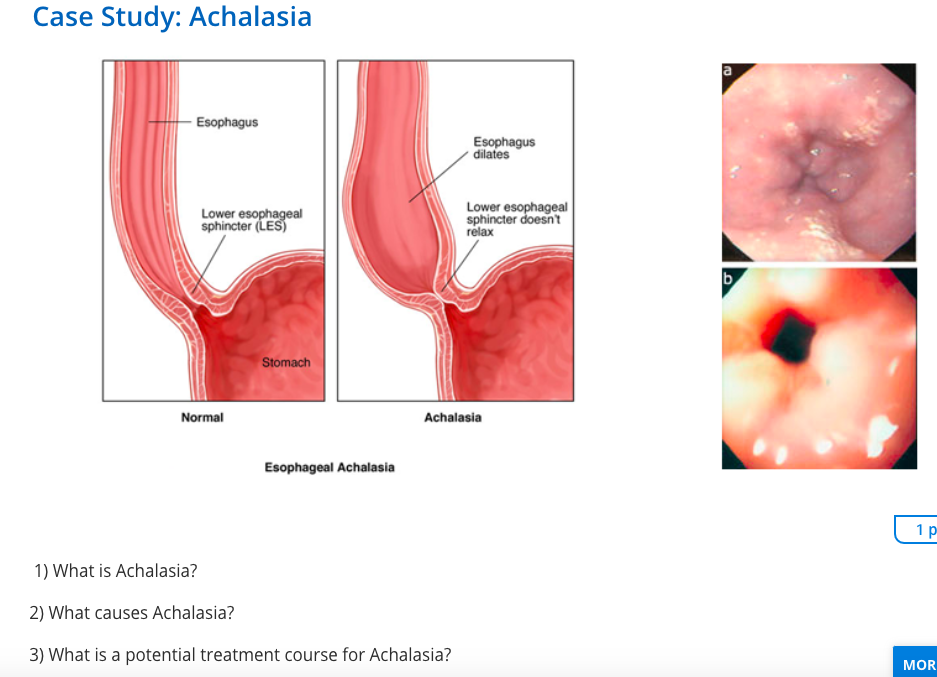People exhibiting symptoms such as chest pain, difficulty swallowing food, and irrational weight loss should immediately consult a gastroenterologist in Lahore. These symptoms show that the person is suffering from achalasia, which requires medical attention to avoid further complications, such as esophagitis.
Achalasia is a condition, in which it is difficult for the food and liquid to pass through the food pipe. The person can notice that their condition gradually worsens. People above thirty-five are at a higher risk of suffering from achalasia. There is no cure for the disease; however, the treatment can assist in managing the symptoms and preventing further physical health complications.
Symptoms of Achalasia
The symptoms of achalasia are:
- The person suffers from dysphagia, which is a condition in which the person struggles to swallow food and liquid.
- The person suffers from constant chest pain without having a heart condition.
- The person suffers from heartburn at night, and cannot function adequately in every aspect of life.
- The person can notice an irrational change in their weight without physical exertion and dieting.
- The person feels uncomfortable and may feel pain while and after consuming food.
- The person can feel regurgitation, which affects the overall functioning of the individual.
Causes of Achalasia
The known causes of achalasia are:
- The damage to the food pipe causes the person to suffer from achalasia. The sphincter cannot function properly. It causes the person to suffer from difficulty swallowing food.
- Individuals suffering from Chagas disease are at a higher risk of developing the condition and suffering from related complications.
- Individuals with autoimmune diseases are at a higher risk of suffering from achalasia.
- Esophagus cancer can cause achalasia.
- Individuals with blood relatives suffering from the gastroenterological disease are at a higher risk of developing achalasia.
Complications Associated with Achalasia
The complications that correlate with achalasia are:
- The person suffers from regurgitation. The backflow of food or acid can affect health and cause discomfort.
- The patient may suffer from aspiration. The food can enter the lungs and hinder the functioning of the vital organ.
- The condition can cause tearing of the esophageal wall, which can lead to multiple complications and affect the functioning of other organs.
- The patient may suffer from esophagitis. The inflammation of the esophageal wall can cause discomfort, pain, and anxiety.
- The patients can become conscious and anxious, which affects their mental health. Also, the person may avoid consuming the food. The body requires nutrients to function. It can cause malnourishment, which can lead to further physical health complications.
Diagnosis
The tests that help diagnose an individual with achalasia are:
Endoscopy: A tube with a camera is inserted through the mouth to have a view of the esophagus and stomach. It helps detect the abnormality or presence of a mass that may be causing the person to suffer from the symptoms of achalasia.
Esophageal Manometry: The test helps evaluate the functioning of the sphincter. The contraction and relaxation can help evaluate the severity of the condition.
Effective treatment Options
The medications and procedures that help treat a patient with achalasia are:
- Use of Muscle Relaxants: The medication helps the sphincter function properly.
- Per-Oral Endoscopic Myotomy: It is a surgical procedure in which a tube is inserted through the mouth to make an incision in the sphincter region to improve the passage of food and liquid without pain and discomfort.
- Heller Myotomy: It is a procedure in which the muscle present at the lower end of the sphincter is removed to improve the functioning and passage of food.
An individual with achalasia should discuss their symptoms with a gastroenterologist in Islamabad. The doctor will provide information regarding the latest and most effective treatment options, that can enhance the overall health and prevent further correlating complications.









